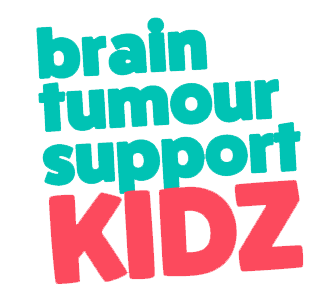Brain tumours in children
Signs and Symptoms
Brain tumours in children are rare with only around 35 to 40 cases diagnosed in Aotearoa New Zealand each year. However it is important that you are aware of some of the signs and symptoms of a brain tumour so that you can take your child to the doctor if you are concerned.
Doctors refer to Signs and Symptoms
Signs are what you or other people have observed about your child, e.g. a weakness in an arm or leg, or difficulty with speech.
Symptoms are abnormal changes your child may have felt.
A brain tumour can cause symptoms by pushing on the brain or blocking fluid getting to the brain. Sometimes the brain tumour pushes on parts of the brain that control certain body functions. The signs and symptoms of brain tumours can differ depending on the size and location of the tumour , the type and grade of the tumour and characteristics of your child.
Below we’ve listed some of the more common signs and symptoms of a brain tumour in children:
Headaches
Changes in vision
Nausea and vomiting
Balance problems
Seizures
Behaviour changes
Abnormal head position
Delayed puberty
Abnormal growth
Excessive thirst
Reduced consciousness
Please remember that many of the symptoms of childhood brain tumours are the same as many other conditions so just because your child has one or more of the symptoms it doesn’t automatically mean they have a brain tumour.
The HeadSmart campaign is a British national campaign raising awareness of brain tumours. They have up to date specific information to look out for in babies, children and teenagers.
Worried that your child may have a brain tumour?
Please do remember that brain tumours are rare, and if your child has some of the symptoms listed above, it doesn’t mean they have a brain tumour. There are many other conditions these symptoms can be related to. However, if you notice your child is having these symptoms regularly or they are uncontrollable, make an appointment with your GP as soon as possible.
For some of the more serious symptoms, or if your child needs urgent care, please take them to your closest emergency department or call 111
More Resources
-

Babies - under 5 years
Signs & Symptoms
-

Children 5-11 years
Signs & Symptoms
-

Teens 12 - 18 years
Signs & Symptoms
-

Adults
Signs & Symptoms

Join our Support Groups
Come and chat with our support group
